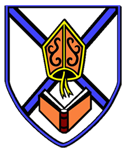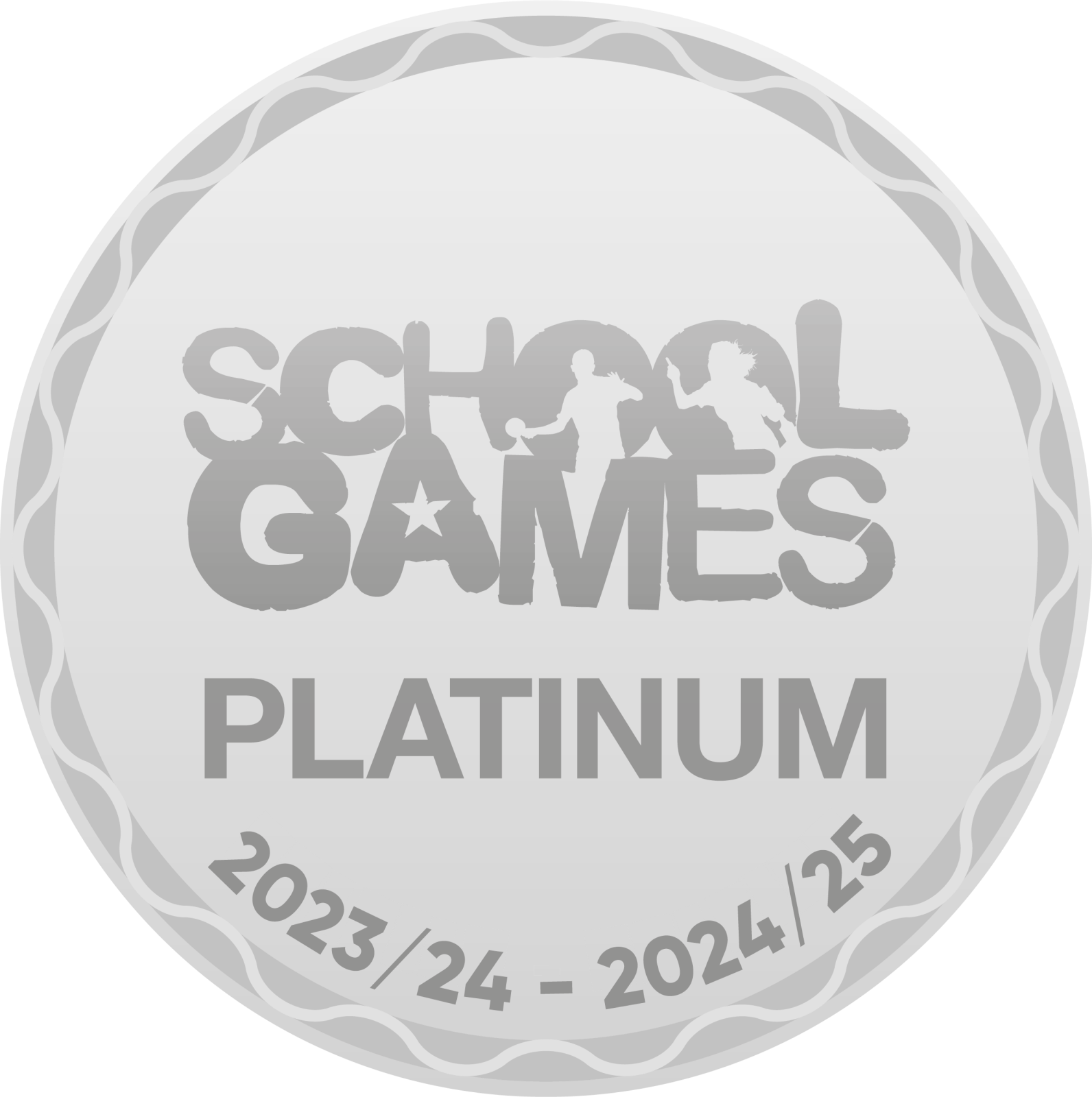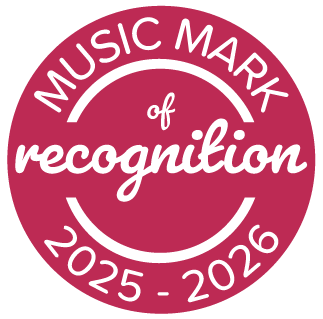Medical Information
Sickness/Diarrhoea
Please do not send your child to school if a child has vomited and/or has diarrhoea they must not come back to school until 48 hours after the last bout of vomiting/diarrhoea.
Sickness/Accidents in School
Staff in possession of a valid First Aid Certificate will treat injuries or accidents. All injuries and medicines are recorded in our injury logs.
Head Injuries in School
If a pupil bumps their head whilst at school, we are required to notify parents/carers. We will send a text message to inform you of minor head bumps, rather than calling you directly. Your child will be issued with a head bump sticker to ensure all staff members in school are aware of the bump and will be extra vigilant throughout the day. Please be assured that if your child experiences a more serious head injury, or if they display symptoms such as dizziness, nausea, or discomfort after a minor head bang, we will contact you by phone to ensure you are fully informed and that appropriate action is taken. For more advice, please visit https://www.nhs.uk/conditions/head-injury-and-concussion/
Prescription Medicines
Medicine should only be brought to school when it is essential to administer it during the school day. In the vast majority of cases, doses of medicine can be arranged around the school day thus avoiding the need for medicine in school. Antibiotics for example are usually taken three times a day, so can be given with breakfast, on getting home from school and then at bedtime.
Occasionally a GP may prescribe a medicine that has to be taken during the school day. Parents may call into the school and administer medicine to their child, or they may request that a member of school staff administers the medicine. When school staff administer medicines, the parent or guardian must supply the medicine in the original pharmacist’s container clearly labelled including details of possible side effects to the school office and must complete a ‘Parental agreement for school to administer medicine’ form. On no account should a child come to school with any medicines in their bag for personal use if he/she is unwell.
Parental Agreement for School to Administer Medicine
Non-Prescription Medicines
Occasionally liquid or tablet paracetamol will be administered to pupils in all year groups suffering acute pain from things like migraine and period pain. If your child requires long term pain relief from an accident or ongoing illness, we are able to provide pain relief for two days but after this it must be prescribed by a doctor and all relevant documentation completed.
The school can also administer non-prescription travel sickness medication. Non-prescribed travel sickness medication can be administered by staff providing they are supplied in the original packaging and accompanied by a ‘Consent to administer liquid paracetamol and travel sickness medicine’ form.
All other non-prescription medication will not be administered at school and pupils should not bring them to school for self-administration. The majority of medication lasts 4-6 hours, therefore non-prescription medication can be administered at home prior to the start of the school day and it will last the duration of the school day. A parent or guardian may attend school to administer additional doses if necessary.
Storage and Access to Medicines
All medicines apart from emergency medicines (inhalers, epipens, etc.) are kept in a locked store cupboard. Medicines are always stored in the original pharmacist’s container.
Risk Assessments
If your child has an injury and they are unable to weight bare, need crutches, sling or support then they must be seen by a medical practitioner at a hospital. On their return they will need to report to Reception at 9am to complete a risk assessment with a member of the welfare team. The risk assessment will be reviewing any additional requirements/adaptations needed.
Headlice
We ask parents/carers to please regularly check your child’s hair for head lice. We recommend that long hair should be tied up as it reduces the spread of head lice.













